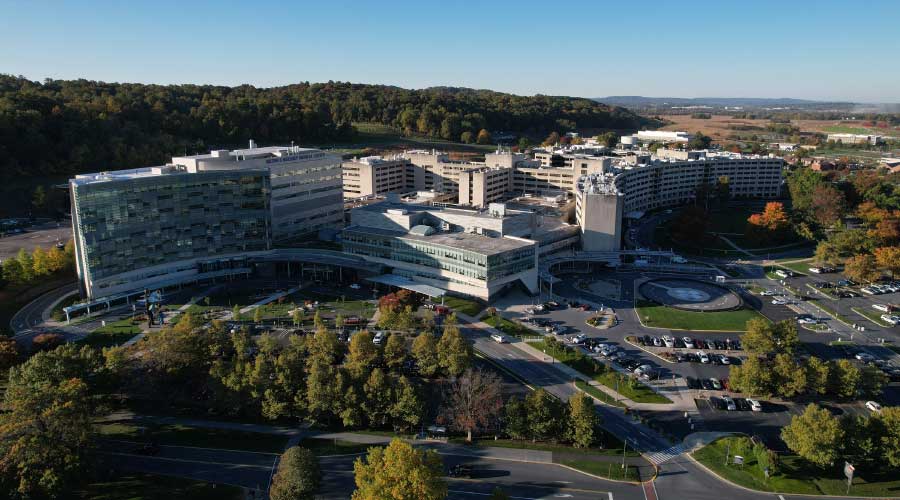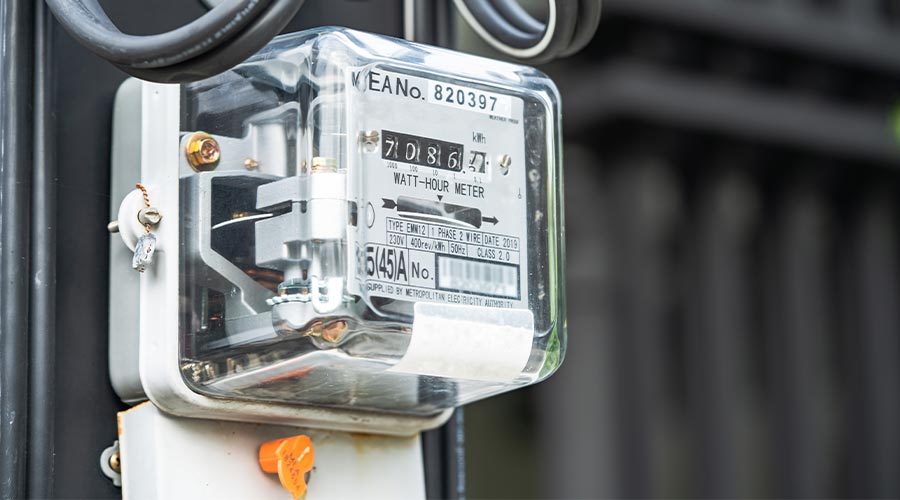Back-Up Generator Meets Demand for Continuous Availability of Power
A facility no longer has to be a data center to demand continuous availability of electrical service. All sorts of businesses rely more on around-the-clock data availability than ever before. This trend has driven the necessity for redundant networks, concurrently maintainable equipment, and backup systems in the event something unexpectedly fails. A back-up generator is one way of meeting that demand.
Because many of today's businesses make money outside the traditional 9 a.m. to 5 p.m. time frame, a utility outage, for example, could mean incurring substantial financial losses before systems are up and running again. What's more, driven by the increasing costs of service interruptions and the growing affordability of mobile technology, more and more tenants are demanding that their buildings have the necessary infrastructure required for continuous communication and data backup.
Landlords and property managers looking to attract this growing group of tenants who require high levels of reliability must consider designing backup power into their building's core and shell offering, or at the very least providing the space and infrastructure for tenants to build it out themselves. Often the best way to fulfill this growing need is to employ a highly reliable, independent backup source — a generator.
Why Install A Generator?
In some cases, code may require generators for new or existing construction, depending on the size of the building, the occupancy type, and local ordinances. In high-rise office buildings, for example, they can be a requisite part of the emergency life safety system should the building's utility service go down.
In addition to supporting a building's life safety systems, a generator can also provide back-up power to a tenant's critical loads. What is deemed as "critical" can vary depending on the company. For many it includes the server room, which functions as the heart of the company's data and communication networks. For others it can include call centers, electronic trading positions, meeting spaces, emergency response areas, or offices that are necessary to keep a business up and running during an outage.
For owner-operated buildings, the generator can serve as a promise of business continuity outside the physical office. If a regional power outage or emergency prevents employees from commuting into the office, they will likely need remote access to the company's servers. If the owner-operated building has a generator, remote employees will be able to maintain their business functions similar to being physically in the office. This is especially critical for banks, insurance companies, and sales-related businesses with web-based services or call centers that must sustain their consumer base around the clock. Because today's workforce is much more mobile, it is becoming increasingly important that a business be accessible outside traditional working hours, which can warrant the need for a generator to increase power reliability.
The generator can be a significant amenity, promising tenants something neighboring legacy buildings can't. This can be an additional profit source for the building, offering generator backup on a first-come, first-served basis to support a tenant's critical load. Backup generator fees can be added into the monthly rent or listed as an add-on amenity offering to a monthly assessment.
Related Topics:














